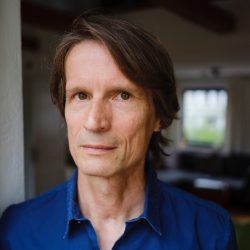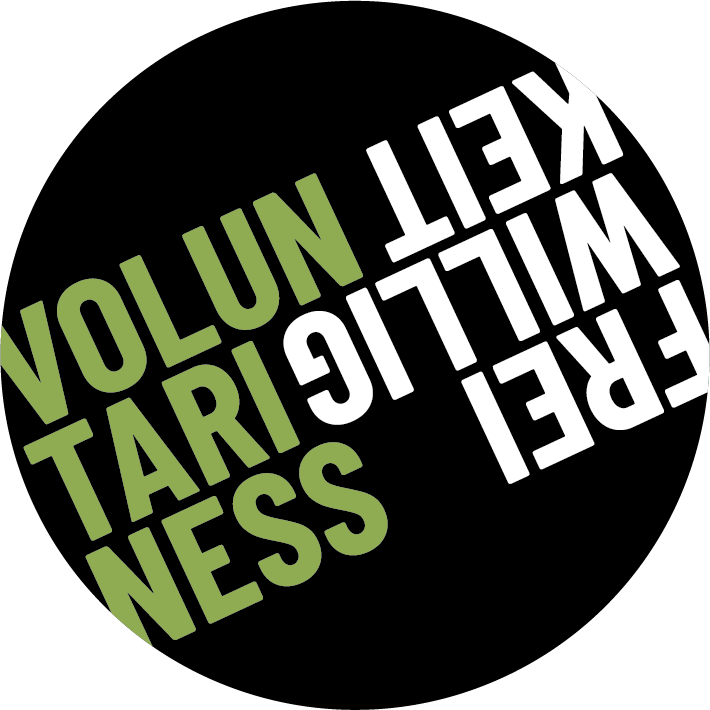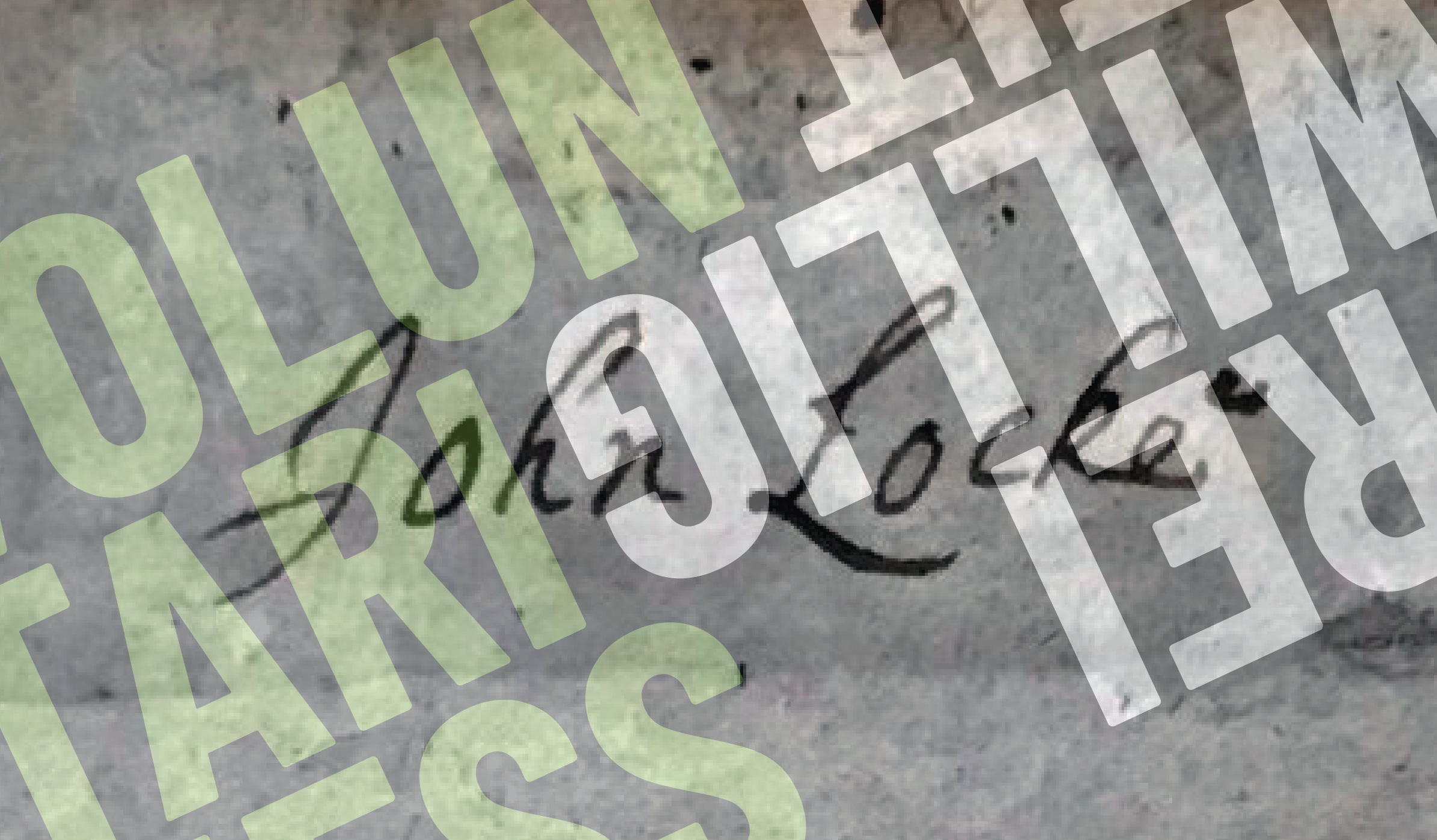

Jürgen Martschukat is Professor of North American History at the University of Erfurt.
The Age of Fitness
For weeks, I have been suffering from a leg injury. Nothing serious, but it keeps me from cycling, at least as much as I would like to. I miss my exercise, feel slightly off-balance, and fear getting out of shape. Yet day by day I am told by the news—and I can literally see on the streets—that I am not alone with my worries. In this time of pandemic, rain or shine, walkers and joggers crowd the streets like never before, fitness studios have created outdoor training spaces to satisfy their customers’ demands, and stationary bikes are selling like hot cakes. Quite obviously, millions of people are haunted by the fear of getting out of shape and do not consider quitting their exercise routines because of the lockdown an option. After all, we live in the age of fitness.
The pandemic only underscores the power of fitness, which has permeated our culture and society for about half a century. While the power of fitness has had an impact on our lives for quite some time, its specific modus operandi is still unclear and difficult to come to terms with. A simple understanding of power as “power over somebody” is obviously inadequate to fathom the widespread pursuit of fitness. Quite evidently, the power of fitness is not exercised top down. It is not of a sovereign type, nor does it operate through the threat “to take life,” to quote Michel Foucault’s famous attempt to capture the characteristic privilege of sovereign power. To put it differently: nobody forces us into the fitness studio at gunpoint.
What kind of power is at play here? Fitness has a different, more complex, and multi-faceted signature that prompts us to do some things and not others. One dimension of this signature is rather obvious and easy to comprehend: the power of fitness operates in a disciplinary mode. It establishes routines, and thus inscribes itself onto—or rather into—our bodies and minds. We cycle or run the same loops again and again, until they feel like the natural thing to do, and we work out twice a week, always at the same time on Tuesdays and Fridays, following a specific training program. Training programs and exercise routines make us submit to the power of fitness, even if we feel tired and are not really in the mood. However, I don’t follow a training program as such, and my cycling times and routes are so variable that they can hardly be called a routine. Nevertheless, I submit to the power of fitness even though no one is forcing me to do so and I am not a powerless victim of a disciplinary regime. Submission, as philosopher Manon Garcia has reminded us recently, entails some form of agency.
Thus, besides discipline, the power of fitness has another modus operandi, which is even more pervasive and definitely more subtle. Fitness governs by making promises and by inciting our voluntary commitment. Fitness tells us that making its promises come true depends on our indefatigable commitment to the cause.
Inciting Voluntary Commitment, or: Governing Through Promises
Fitness’s first promise is health. Fitness has in fact been defined as health achieved through training. Health is a most powerful promise: Who wouldn’t want to be healthy? We are promised a longer, more fulfilling life without chronic diseases if we keep our bodies in shape, for instance by taking 10,000 steps a day. Health is not only an indisputable value but has become a question of right or wrong behavior and a new morality, the responsibility for which is put, at least to a certain extent, in our hands. In the age of fitness, autonomy, and self-responsibility, this notion of right and wrong and of a healthy lifestyle as desirable goal comes across as a truth we voluntarily submit to—without being coerced, because it seems the wisest and best thing to do.
Second, and closely related to health, fitness promises to maintain and improve our abilities. I am not talking about the ability to win races and medals. I will never win a race. Still, fitness and regular exercise promise the ability to achieve things. This may be playful, for instance when it comes to mastering a difficult stretch of cyclocross track, and may be painful if I’m crossing one of the legendary, breathtakingly beautiful Alpine passes on my bike. But fitness promises more than the capacity for achievement in sports. It stands for the ability to achieve things in life. In a culture and society defined by competition and the struggle for achievement, fitness has become a regulatory ideal and the challenge of endlessly improving our abilities has become tantamount to the human condition. Thus, even though our compliance with the call for self-improvement, for attainment or enhancement of abilities, and for empowerment is voluntary, this call is still systemic, normative, and exclusionary. Empowerment has become an obligation, which is simultaneously voluntary and compulsory. In other words, we cannot not want to pursue happiness, health, ability, and achievement. After all, deviations from this behaviorial and corporeal ideal appear “as a diminished state of being human,” as Fiona Kumari Campbell has pointed out.
Last but not least, fitness promises pleasure. It even constitutes an indispensable resource for certain kinds of pleasure. This may be the pleasure of breathing cold air into a warm body while exercising outside in winter. It may be the very particular kind of delight that comes with the performance of steady, easy, joyful movement. It may be the pleasure of the sublime, evoked by climbing ever higher in an overwhelmingly spectacular mountain setting. The promise of these and other pleasures brings forth an even more powerful, even passionate, and still voluntary attachment to fitness as ideal, resource, and norm.
To understand what pushes so many people to work out and try to stay in shape, it is not enough to see fitness aficionados as subjected to a disciplinary or even sovereign power regime. Submission to the power of fitness is voluntary: it is neither enforced through coercion nor an effect of our ignorance. It is, first and foremost, triggered by a number of promises that concurrently come across as a form of responsibility: the liberal responsibility to take good care of our bodies, maintain a far-sighted relationship to them, pursue success, and make the best of our lives. Thus, to highlight the voluntariness involved in submitting to the power of fitness is not to celebrate the act of submission. Nor is it to ignore the normative, marginalizing, and exclusionary effects of a power structure that takes bodies as living evidence of a person’s ability to use their liberties productively and function as a fully accountable member of society. On the contrary, it is to argue that voluntariness itself is a key element in this very liberal form of power, one that operates through promises and the claim that we alone can make them come true. Voluntary submission to the power of fitness is morally prescribed, while non-compliance through sluggishness is sanctioned.
Suggested Citation: Martschukat, Jürgen: “On Voluntary Submission to the Power of Fitness”, Voluntariness: History – Society – Theory, April 2021, https://www.voluntariness.org/voluntary-submission-fitness/





